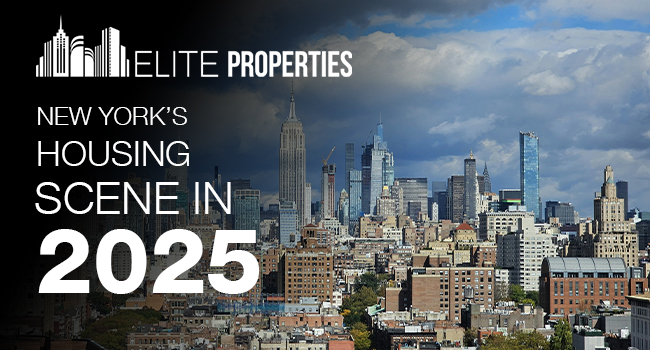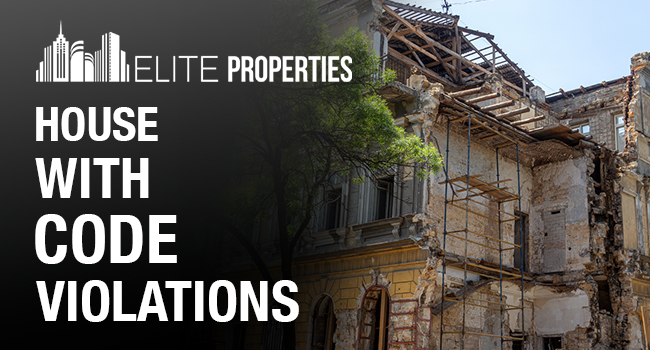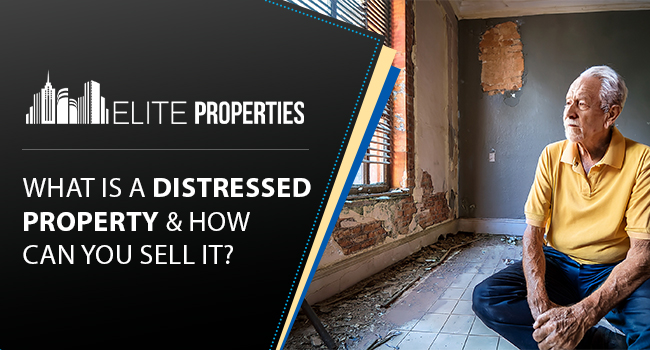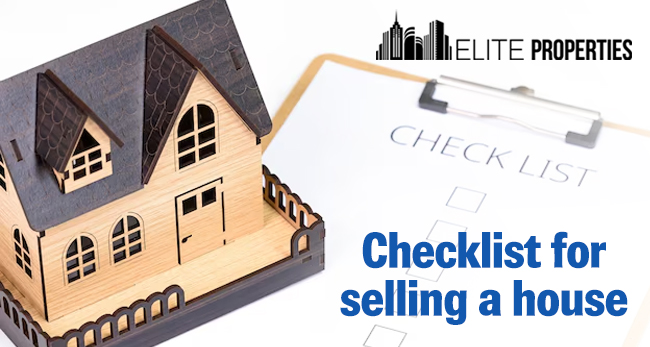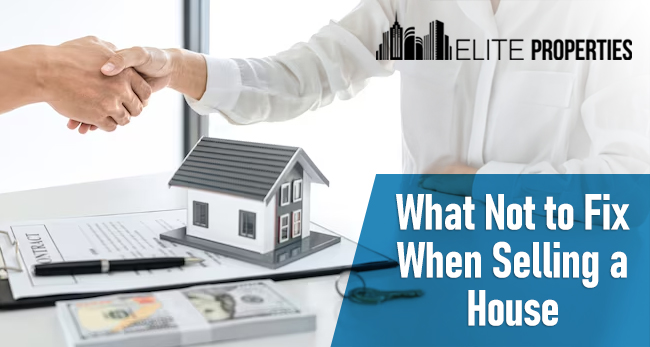Introduction
We have reached the year’s halfway mark, and the housing market looks great. There is a house for anyone looking for one. The market remains active, with more inventory and cautious optimism, and at Elite Properties New York, we’ve been guiding folks in the ever-changing market for years, and we’re here to break down what’s cooking halfway through 2025. Let’s hit the trends, federal updates, and tips to guide your next play.
The Market’s Got Its Own Beat
New York’s housing world is a mix of a wide variety, from the city’s hustle to the suburbs’ quiet. This year, home prices are climbing a steady 3%, according to Forbes and J.P. Morgan, slower than the crazy spikes we’ve seen, giving buyers a bit of a break. But in Manhattan and Brooklyn, it’s still a hot market with more buyers than homes.
Inventory has risen year-over-year but remains well below pre-pandemic norms, especially in NYC where every inch is gold. Upstate and suburbs like Westchester or Long Island see more listings from new builds and baby boomers downsizing, dubbed the “Silver Tsunami.” Finding the right home at the right price still takes grit.
Mortgage rates are holding at 6.5%, with Freddie Mac forecasts relatively steady rates through year-end, barring inflation surprises. For first-time buyers, averaging 38 years old, these rates sting. Single women, making up 24% of buyers and outpacing single men, are a driving force, showing the market’s broad appeal.
Federal Housing Moves in 2025
In March 2025, the government passed a year-long funding bill that keeps housing programs running through September. It pumps extra cash into HUD’s (U.S. Department of Housing and Urban Development) Tenant-Based Rental Assistance program, a real help for low-income renters in pricey NYC, where vouchers make steep rents more manageable.
The bill also keeps the Community Development Block Grant (CDBG) program going, sending funds to local projects that build affordable housing and fix up neighborhoods. There’s also cash for the HOME Investments Partnerships program to build affordable units and the PRICE program to maintain manufactured housing communities, a small but vital need.
Bigger reforms, like the ROAD to Housing Act or Housing for All Act, are still under debate in Congress to ease regulations and support housing. For now, renters benefit most from the bill’s focus on affordability.
Tips to Rock the 2025 Market
Buyers: At mid-2025, the market’s more balanced, giving you some bargaining power outside Manhattan. First-time buyers, save up, cut debt, and explore low-down-payment programs, 20% down isn’t always needed. The March bill’s programs may offer rental or down payment help if eligible.
Sellers: New York’s appeal is strong. Price smartly in hot spots like Park Slope or the Hudson Valley, and your home will move fast. Staging and virtual tours make your listing stand out as inventory grows.
No Big Crash, but Stay Sharp
Got jitters about a market crash? Experts say 2025 won’t repeat 2008, thanks to strong homeowner equity and stricter lending rules. But affordability is tough, and economic shifts like tariffs could raise costs. New York’s market can take a punch but keep your guard up.
Virtual tours and handy online tools are making buying and selling a breeze these days.
Conclusion: Your 2025 Game Plan
Halfway through June 2025, New York’s housing market is ready for your big move. With 3% price growth, 6.5% mortgage rates, and the March 2025 bill giving renters a boost, it’s go-time. NYC’s inventory is tight, but deals are out there if you know where to look. At Elite Properties New York, we’re all in to help you make this year a win, whether you’re buying, selling, or renting.
Frequently Asked Questions (FAQ)
- Will home prices in New York drop this year?
They’re rising 3%. Manhattan’s a battleground, but upstate spots may see softer increases.
- How’s the March 2025 federal bill helping?
It pumps money into housing vouchers for renters in pricey NYC and funds affordable housing programs.
- Is now a good time to buy in New York?
Depends on your wallet. The market is friendlier outside city centers, but high costs persist with 6.5% rates.
- Could the market tank in 2025?
A crash isn’t likely, thanks to strong equity and lending rules. But watch for economic shifts like tariffs.
- How do I prep to buy or sell my house?
Buyers: Save up, trim debt, check out low down payment options. Sellers: Price sharp, use virtual tours.
- Can I sell my home quickly in New York without listing it?
Yes — if speed and simplicity matter, consider working with companies like Elite Properties New York that buy homes for cash. You can skip showings, repairs, and long waits. This is a great option if you’re relocating, settling an estate, or just want a fast, fair offer.
- Who are the people who buy houses in all conditions?
You’ll find both investors and licensed real estate firms that specialize in as-is purchases. These are people who buy houses regardless of condition, often for cash. It’s ideal if your property needs repairs or you want to avoid listing delays.
- What are the benefits of working with companies which offer ‘we buy homes’ services?
Companies like Elite Properties offer cash deals, fast closings, and zero agent fees. It’s a good fit if you’re looking for convenience or need to sell under time-sensitive circumstances. With years of market experience, you can be rest assured that you are in good hands.
- Is it better to sell my house traditionally or for cash in 2025?
It depends on your goals. Traditional sales may fetch a higher price in hot areas, but selling to someone who buys homes for cash can save time and stress. With 2025’s active market, both paths can work, a local expert can help you weigh the options.
- How fast can I close if I sell for cash?
Cash sales often close in 7–21 days. If you’re working with a trusted firm that buys homes for cash, the process is streamlined since there’s no mortgage approval to wait on. That’s why many sellers opt for this route when time is tight.
- Get in the Game
From Brooklyn’s buzz to Buffalo’s calm, 2025’s your shot to find your spot. Check our blog for more insights, and hit up Elite Properties New York for advice that fits you. Here’s to making this year yours!

